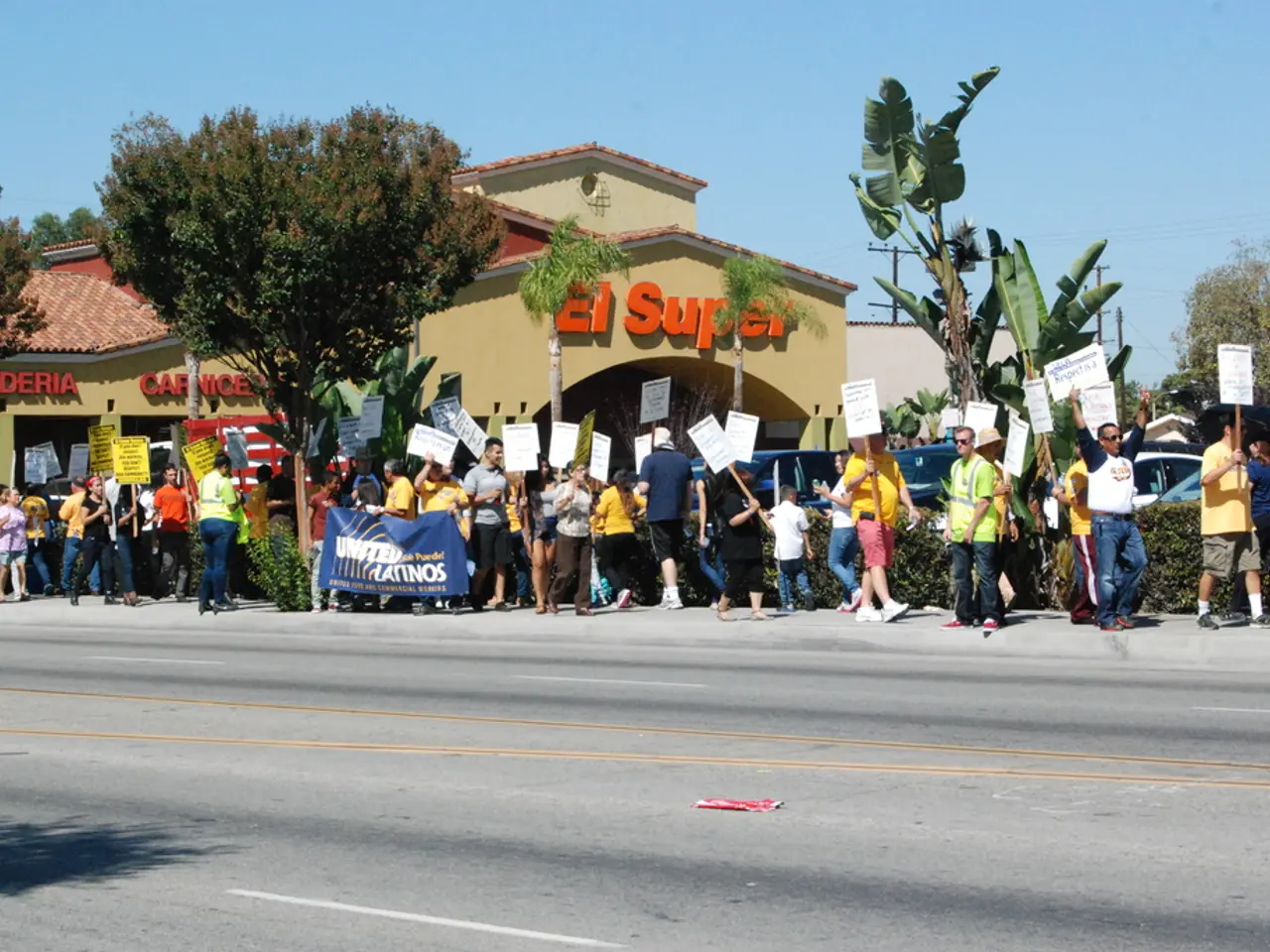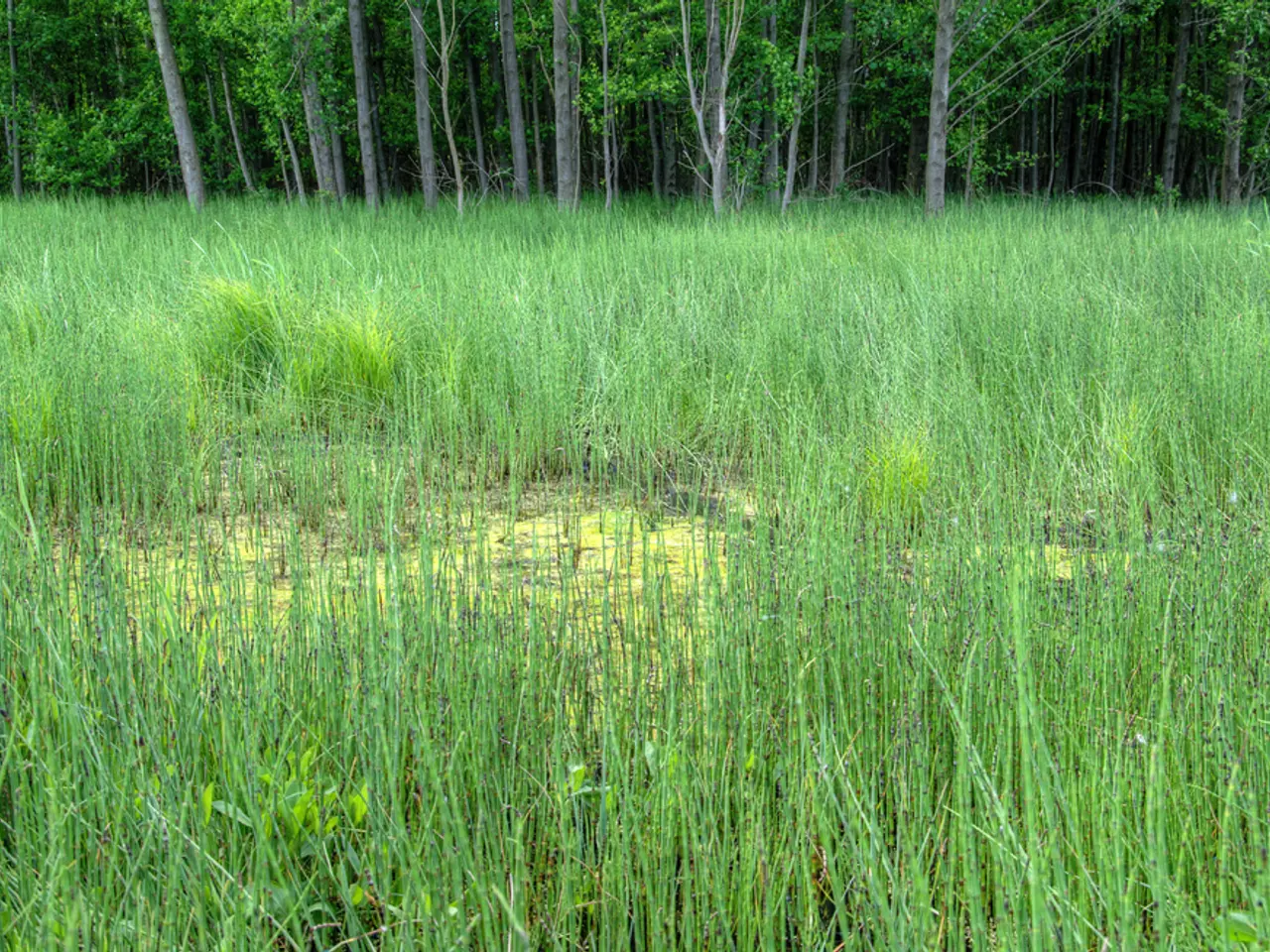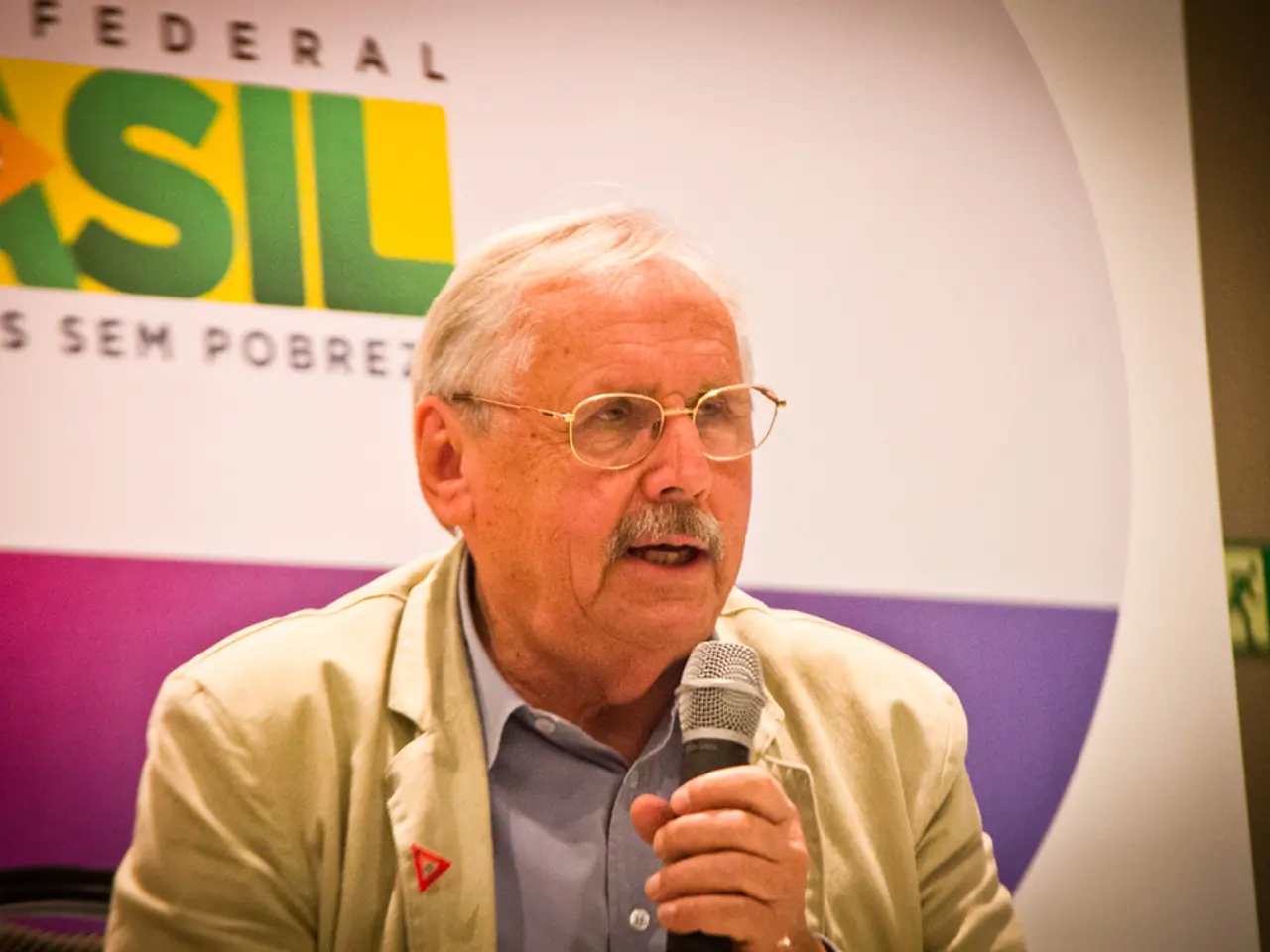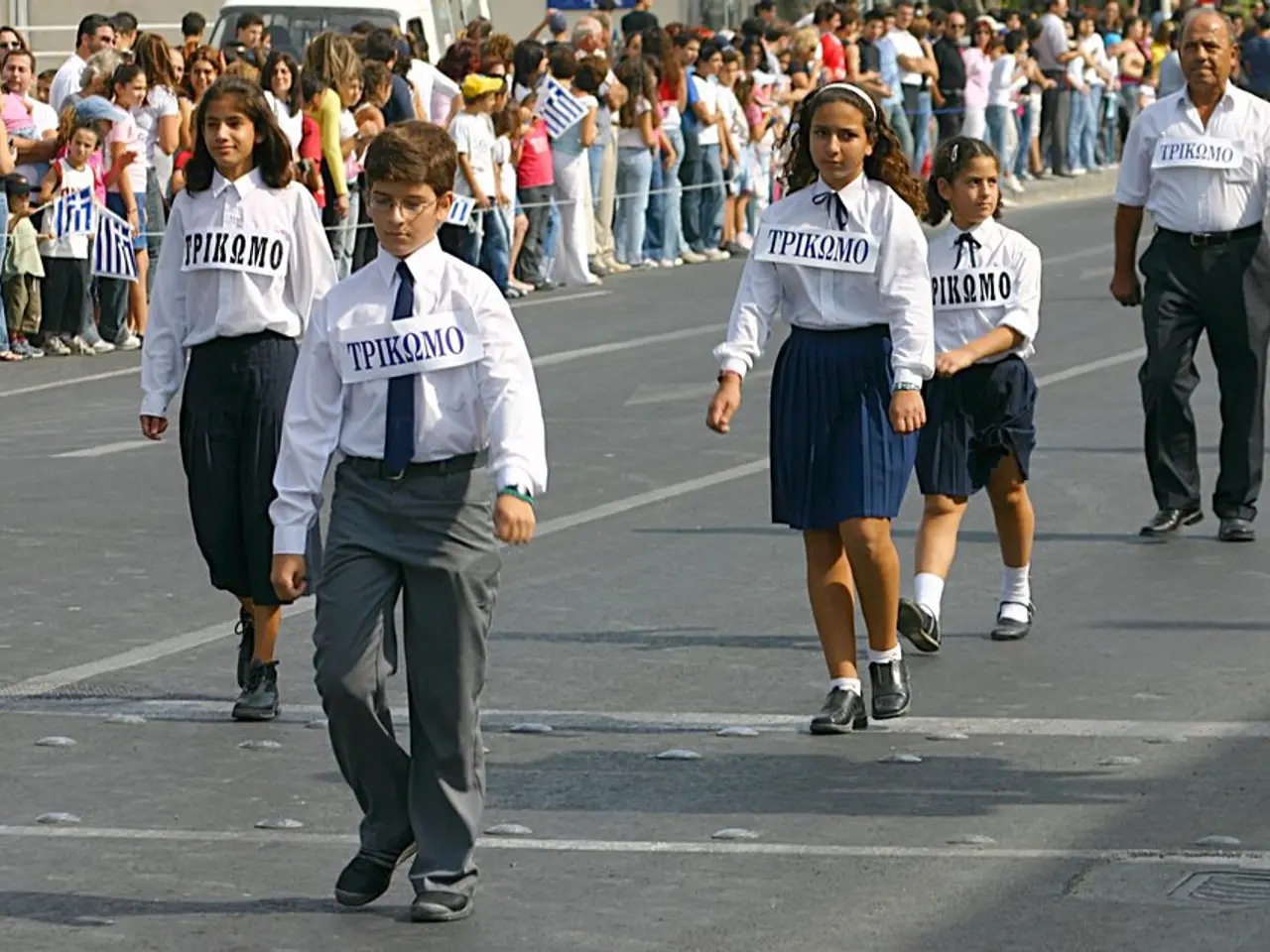Political parties SPD (Social Democratic Party) and FDP (Free Democratic Party) announced their intention to participate in the 2026 parliamentary election.
The political landscape in Baden-Württemberg is gearing up for a significant shift, with key parties positioning themselves for the state election scheduled for March 8, 2026. The Greens have put forward former Federal Minister Cem Özdemir as their candidate, while the opposition parties SPD and FDP are holding conferences this weekend in Fellbach near Stuttgart and Pforzheim, respectively.
The Greens, who have seen increasing support, especially in urban and environmentally conscious areas, could potentially lead the election or play a crucial role in coalition-building. Traditionally the leading force in Baden-Württemberg, the CDU has faced challenges in recent years, sometimes ceding ground to the Greens and other parties. The SPD, though it remains an important force for left-of-center coalitions, has struggled to maintain significant voter share in the state. The FDP, typically a smaller party in the state, often a potential coalition partner but not a dominant force.
The election on March 8, 2026, is about the succession of Minister President Winfried Kretschmann (Greens), who will not run for a fourth term. Given Baden-Württemberg’s history and the current federal and regional political landscape, the following coalition scenarios could be considered possible:
1. **Greens and SPD:** A continuation of previous center-left coalitions, though this is contingent on both parties overcoming recent declines in support. 2. **Greens and CDU:** The so-called "Baden-Württemberg Model" (Kretschmann-led coalitions), which have governed under a "Kenya" (black-green) alliance federally, but in Baden-Württemberg, this has sometimes meant a "Green-led" government relying on CDU votes or a formal coalition. 3. **CDU and FDP:** A traditional center-right coalition, though the FDP’s support in the state is usually below the required threshold for major influence. 4. **SPD, Greens, and FDP:** A three-party "traffic light" coalition (red-yellow-green), but this is less likely due to the SPD’s and FDP’s weaker positions in the state.
Under the new electoral law, the list position is decisive, unlike the old law where the second votes were given to the "best losers." The order of the state lists could be crucial in the upcoming election. The SPD conference is being held in Fellbach near Stuttgart, where state and faction leader Andreas Stoch is running for the top spot. The FDP plans to put forward party and faction leader Hans-Ulrich Rülke. Both parties will also determine the order of their state lists for the election at these conferences.
The CDU is running with its state chairman Manuel Hagel. Current polls suggest that only a coalition of CDU and Greens led by Hagel would have a majority. However, as the election nears, updated polling will clarify possible scenarios. For the most accurate and up-to-date information, continue to monitor reputable German polling institutes and news outlets as the 2026 state election approaches.
The upcoming state election on March 8, 2026, brings the policy-and-legislation agenda of Baden-Württemberg into focus, with the political parties aligning their strategies for the crucial event. The Greens and their potential leadership, such as former Federal Minister Cem Özdemir, are at the center of general-news discussions due to their increased support and plans for coalition-building.







